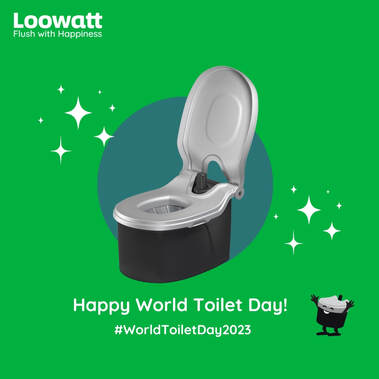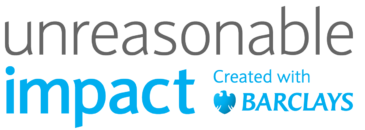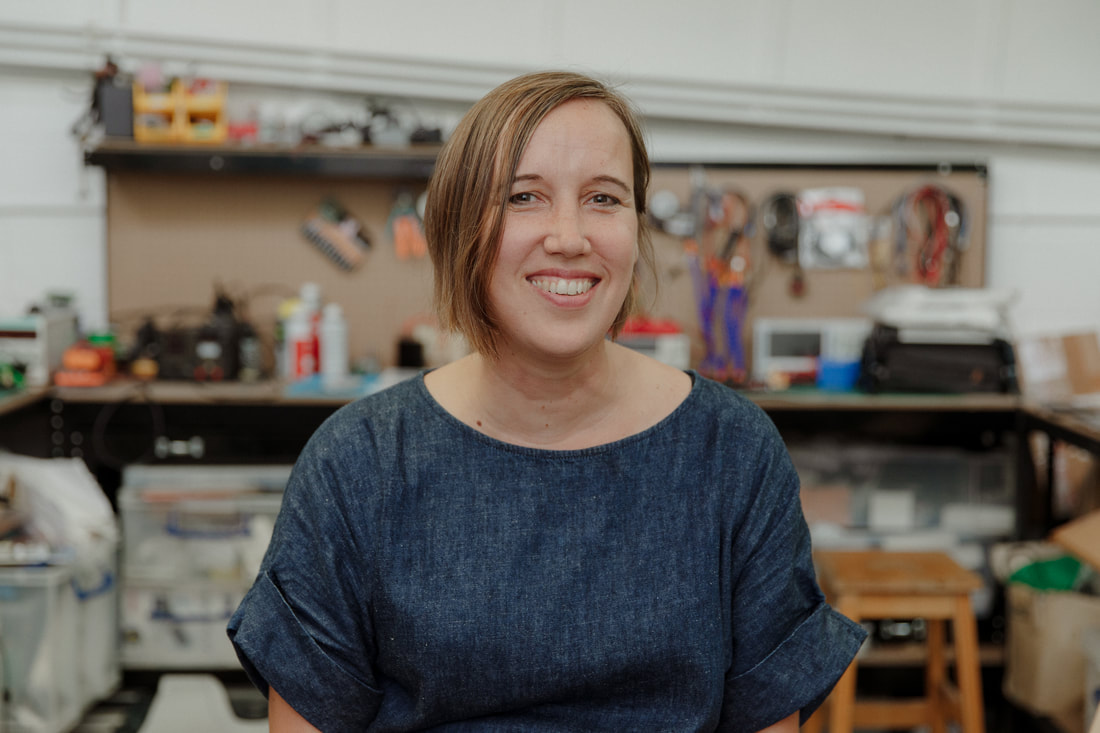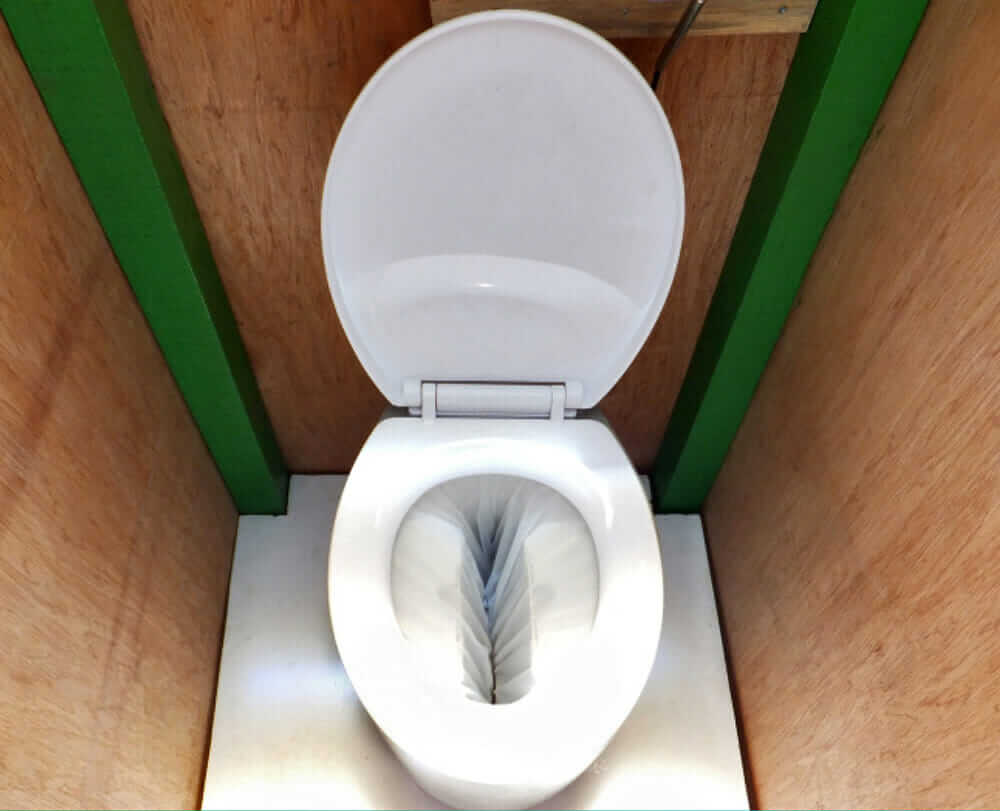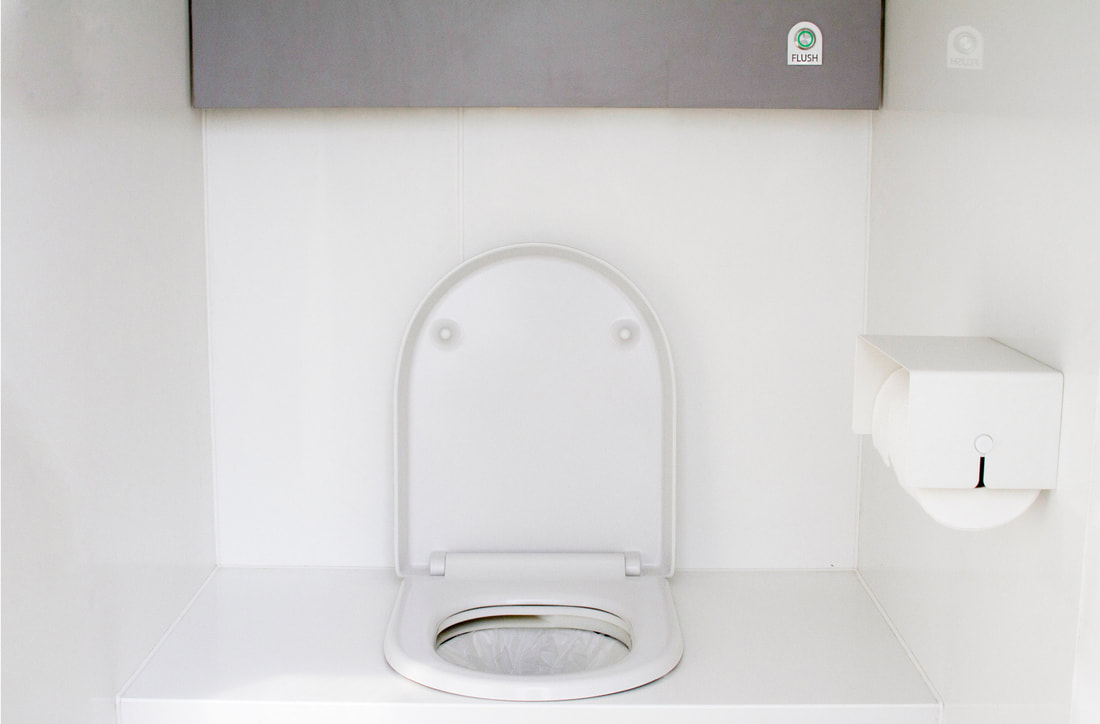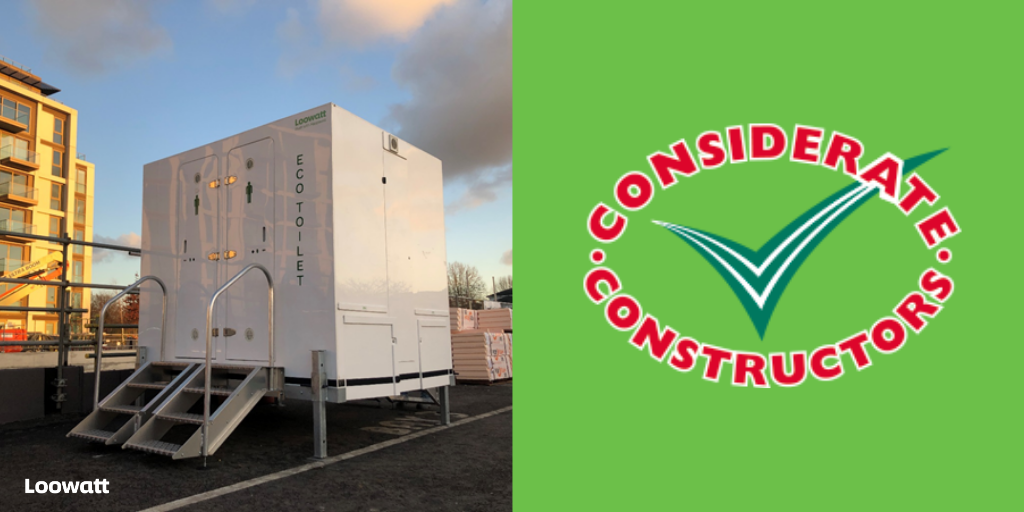|
🚽It was World Toilet Day yesterday!
🎉We’re thrilled to announce that Loowatt has been awarded a USAID DIV Stage 2 Grant of around $750k for our Madagascar operations. Development Innovation Ventures (DIV) is USAID’s open innovation program that tests and scales creative solutions to any global development challenge. The vast majority of Madagascar’s 29 million people lack access to safe sanitation. In addition to daily sanitation risks, Madagascar’s high water table is prone to flooding, which creates prime conditions for fecal-borne diseases—such as diarrhea, cholera, typhoid, and dysentery—to spread. Loowatt’s waterless flush, tech-enabled sanitation service has been serving homes in Madagascar since 2019. Loowatt SARL, our locally-run servicing company, provides regular service for an affordable monthly service fee and converts the waste into energy and fertilizer. With support from DIV, Loowatt will expand its operations across Antananarivo, where more than 75% of the population lacks access to safe sanitation. Thank you USAID and USAID Innovates! Flush with happiness, The Loowatt Team
0 Comments
Following a rigorous selection process involving hundreds of pioneering companies, Loowatt’s Founder and CEO, Virginia Gardiner, has been selected to join 13 other leading entrepreneurs on the 2022 Unreasonable Impact UK & Europe programme.
Loowatt has a long-standing commitment to deliver safe sanitation and sustainable waste management. Through its patented technology, Loowatt introduces the world to the next generation of waterless, chemical-free off-grid toilets. This technology addresses some of the world’s most pressing environmental issues. In a world where nearly half of the global population has no access to safe sanitation, Loowatt is currently meeting the urgent needs of densely populated communities in several regions of the world, including Africa, Europe, and Asia. Toilets for homes, construction sites, outdoor events - the company’s products cater to a range of sanitation needs across diverse communities in the UK and Internationally. Since Unreasonable Impact launched in 2016, its global community of over 200 ventures has positively impacted more than 255 million people, reduced greenhouse gas emissions by 48 million tonnes, and has created 39,000 new jobs to date. Our work with Unreasonable will support Loowatt’s continued impact measurement, supporting the SDGs through increased access to toilets (over 4.4M toilet visits to date) and GHG reductions (to date, 356 tonnes CO2e). Click here to find out more about our system and its impacts. Barclays and Unreasonable continue to support and scale high-growth ventures who have the potential to create thousands of new jobs, and we are proud to have joined this year’s cohort of outstanding entrepreneurs! “We are on a mission to provide valued, high quality and sustainable toilets and sanitation systems that transform the lives of individuals, communities and the environment” - Virginia Gardiner, CEO- Loowatt. Want to know more about Loowatt’s pioneering waterless toilet technology? Watch this short clip So, the global sanitation challenge is daunting, but the solution could be as simple as a low-tech toilet reengineered to work without the need for water to flush yet that still delivers a user experience on par with a flush toilet. Sanitation is not sexy, which is why I admire any social entrepreneur brave enough to dedicate himself, or in this case herself, to finding a sustainable solution to the problem. I met one such entrepreneur, Virginia Gardiner, aptly on November 19th, World Toilet Day. She is the CEO and founder of UK based Loowatt, a company that has designed a water-less flush toilet that might revolutionize the delivery of sanitation in the developing world. The innovation is simple. The flushing mechanism consists of a biodegradable polymer film that lines the toilet bowl, which pulls down and seals off waste into a container below when mechanically “flushed.” Such container-based sanitation is not entirely new, but Virginia has integrated what she considers to be several key success factors into her business model... Read More at impactmoney.net
Thanks to the Talking Crap Blog for the piece! https://talkingcrap.net/2020/10/toilet-tuesday-the-loowatt/
Thank you @deezen for this great article last week! So glad it has had some much positive feedback!
www.dezeen.com/2019/05/31/loowatt-waterless-toilet-design/ The Considerate Constructors Scheme (CCS) Best Practice Hub publishes Loowatt as complying with their high standards! We are Flush with Happiness! The Best Practice Hub hosts examples of construction industry best practice sourced from across the UK and Ireland. It is related to the CSS's Code of Considerate Practice which focuses on five main aspects:
Here is what the Considerate Constructors Scheme shared about the Loowatt Pod:
Q&A with Loowatt Ltd. CEO Virginia Gardiner - Thanks to @devex for publishing!
www.devex.com/news/q-a-wash-business-a-waterless-toilet-waste-to-value-set-to-scale-96123 November 19th 2018, the fifth annual World Toilet Day, is our most exciting to date. Over the past year we have been honoured to work with Laguna Water, a joint venture of Manila Water and the Laguna Provincial Government, on rolling out the Laguna Portable Toilet Solution (PTS), piloting a first-of-its-kind utility business model for providing non-sewered household toilets. Today, following a successful pilot, we are excited to announce that we will be supporting the Laguna PTS scale-up starting in 2019.
The Laguna PTS is a major milestone for the sanitation sector: A clear signal that new business models and technologies will enable cities to provide sanitation in crowded urban centres where sewers, septic tanks and pit latrines have limitations. For Loowatt, the vision of this scale-up embodies our dream for the future: waterless flush toilets and sanitation solutions for everyone, everywhere. Only two weeks ago, we joined world leaders and toilet visionaries including Jim Yong Kim (President of the World Bank) and Bill Gates at the Reinvented Toilet Expo. Development finance institutions announced commitments with potential to unlock $2.5bn in financing for City-Wide Inclusive Sanitation projects. In a world where 4.5 billion people are still without safely managed sanitation, today we celebrate being part of a global community that shares the humility and courage to develop new solutions—a movement that is gaining momentum. While technology plays a role, the future of urban sanitation ultimately depends on governments, regulators, and service providers to embrace new ways of delivering services. Manila Water is a world-leading water utility, currently operating in 10 cities across Southeast Asia, profitably serving an estimated 18 million people. Their commitment to the Laguna PTS, along with exciting initiatives like City-Wide Inclusive Sanitation and the Reinvented Toilet, offer a brighter future for sanitation. Over the coming years major strides will be made in developing financing structures that enable utilities and administrations across other cities and countries to leapfrog sewers and scale up new approaches to sanitation service delivery. We at Loowatt are proud to be part of this movement. Our progress would not have been possible without the hundreds of thousands of people in the United Kingdom and Madagascar who invested their hard-earned money for the comfort of a Loowatt toilet experience. Nor would have been achieved without the support of our donors and investors, and our utility partners in the UK, Madagascar and the Philippines who have worked tirelessly with us to envision the future of sanitation as a regenerative service. Thank you for supporting our mission to help people everywhere Flush with Happiness. #WorldToiletDay We are flush with happiness to have been interviewed by the BBC World Service for their Business Daily program! https://www.bbc.co.uk/programmes/w3csy73h
|
Toilets |
|

